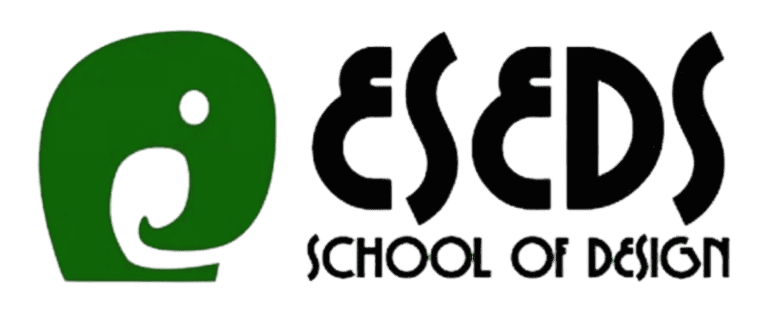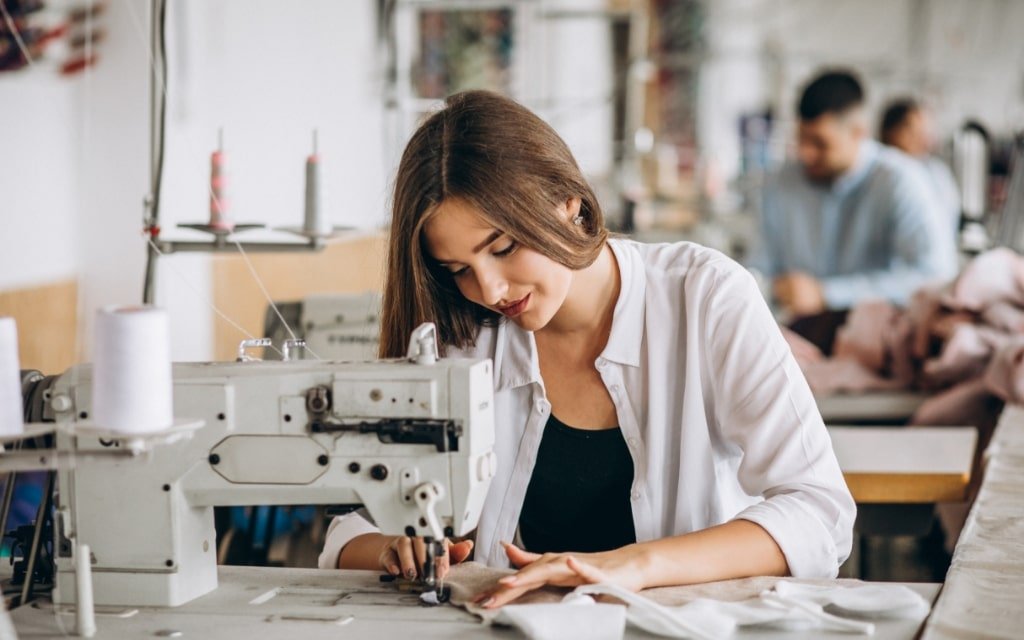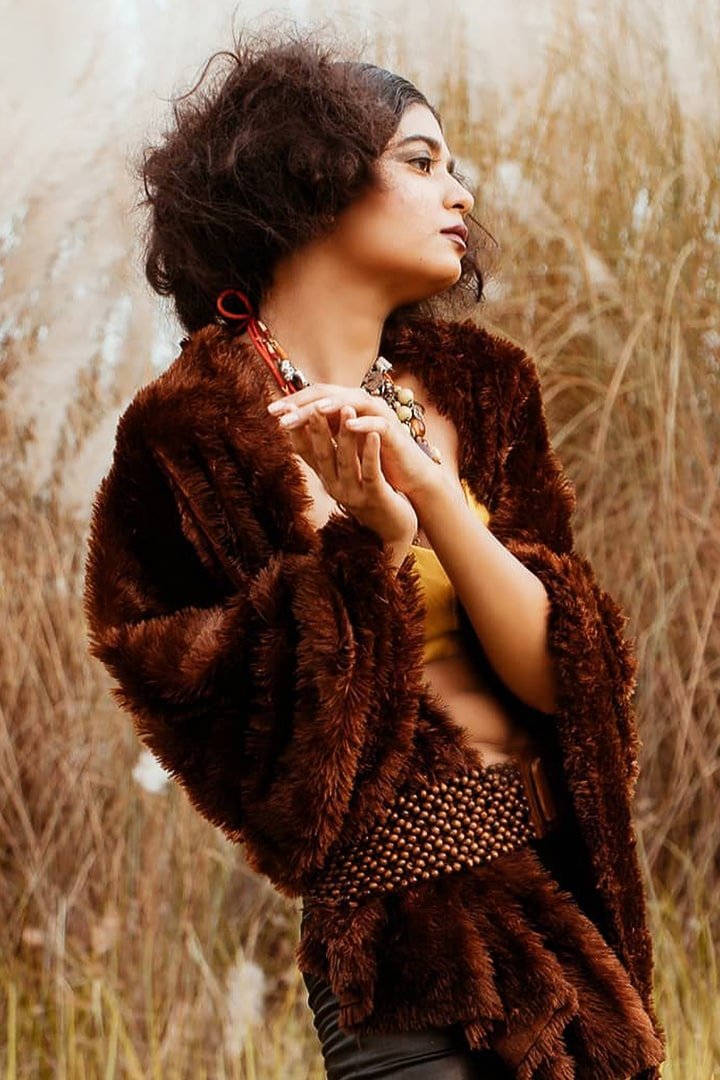One of the terms used the most in the fashion business nowadays is “sustainable fashion.” It is important to meet expectations from ethical consumers who want to adopt sustainable fashion, therefore it is not just about the trend of socially aware brands with eco-friendly products or developing some regulatory laws. Sustainable fashion has never been a trend but a necessity and as we all know sustainability is here to stay.
According to data two third of the global consumer market prefers to buy from brands with ethical and sustainable values.
Let us start with some examples –
Patagonia
Patagonia is an American sustainable apparel company that markets and distributes outdoor gear. It was established in 1973 by Yvon Chouinard. The first location, in Ventura, California, opened its doors in 1973, selling custom mountain climbing equipment before extending its production line to include clothing made for other outdoor activities, like surfing.
-At Patagonia they believe “we appreciate that all life on earth is under threat of extinction. We’re using the resources we have—our business, our investments, our voice and our imaginations—to do something about it.”
Patagonia has also participated in a variety of environmental and political activist initiatives, donating 1% of its overall sales and 100% of Black Friday sales ($10 million) to environmental organizations, respectively.
With a B-label, Patagonia is one of the more environmentally friendly apparel companies in the sports and outdoor clothing market. Patagonia is regarded as one of the leaders in the payment of living wages and also keeps expanding the proportion of ecologically friendly materials in its inventory.
Additionally, Patagonia is a member of both 1% For The Planet and the Sustainable Apparel Coalition, eschewing fast fashion in favor of durable goods with a repair and reuse policy.
Mud jeans
In 2012, Bert van Son founded MUD Jeans. He has seen unethical practices and environmental exploitation with more than 30 years of expertise in the fashion world. He saw firsthand how difficult factory work is and how our earth is being destroyed by the ceaseless material demands brought on by growing production. He desired a different approach.
MUD Jeans, one of the world’s earliest B Corps, has developed into an exemplary circular fashion company today, having invented the Lease a Jeans model in 2013 and continually putting the circular economy ideas into practice.
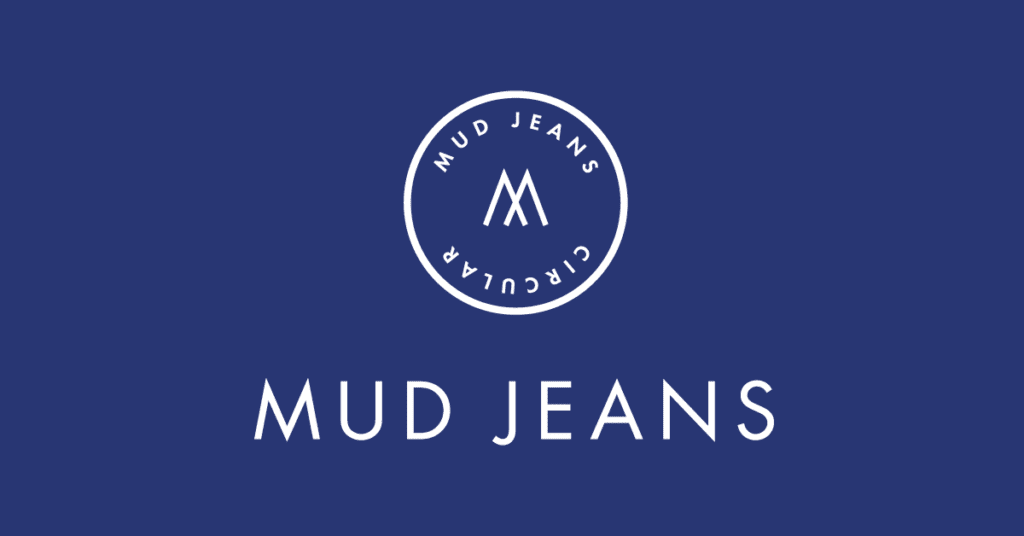
The brand believes in “Quiet luxury clothing sculpted by hand, cut in the finest sustainable materials, selected to have the lowest impact on our environment. Designed for longevity, made with purpose – for the world we want.”
The brand is built on their innovative concept of compassion, and pledges to donate 90% of their profits to our employees and charities that are important.
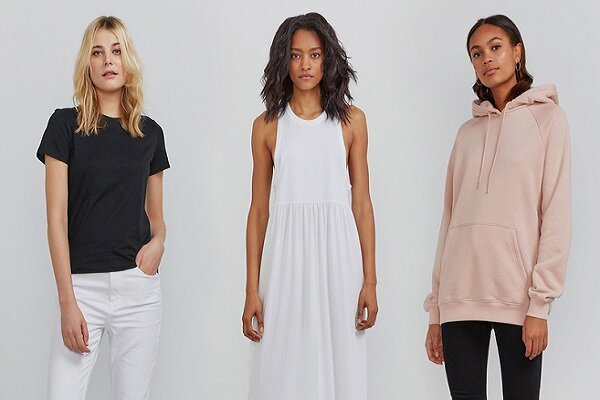
These brands are proving changes in companies’ long term planning and good decision making can bring about huge social and environmental benefits.A sustainable business model must put emphasis on people, planet and profit.
As we all know sustainability is here to stay and for longer run brands without sustainable and ethical aspects will become irrelevant. Sustainability is the future and brands must bet on it to not only bring about a change but also to survive in the business.
For existing brands changing the entire business plan might bring a lot of tensions but this the only way left.
Things you must do before you open a sustainable brand are:
1. Follow and implement sustainable development guidelines.
2. Fair working conditions for the workers.
3. Ethical fabric sourcing and production
4. Constant innovation
5. Certifications like B Corp, GOTS, BCI etc. are some certifications
6. Collaboration
7. Follow circular economy
8. Promote reuse, reduce and recycle.
Starting a brand with a vision towards sustainability will help build a sustainable brand from the very scratch. There is a huge scope. The global apparel market share of sustainable clothing items is expected to increase from 3.9% in 2021 to 6.1% in 2026. 18 million additional jobs could be created globally by 2030 through a transition to a sustainable textiles industry. 42% of millennials and Gen Z respondents are likely to shop secondhand for items.
